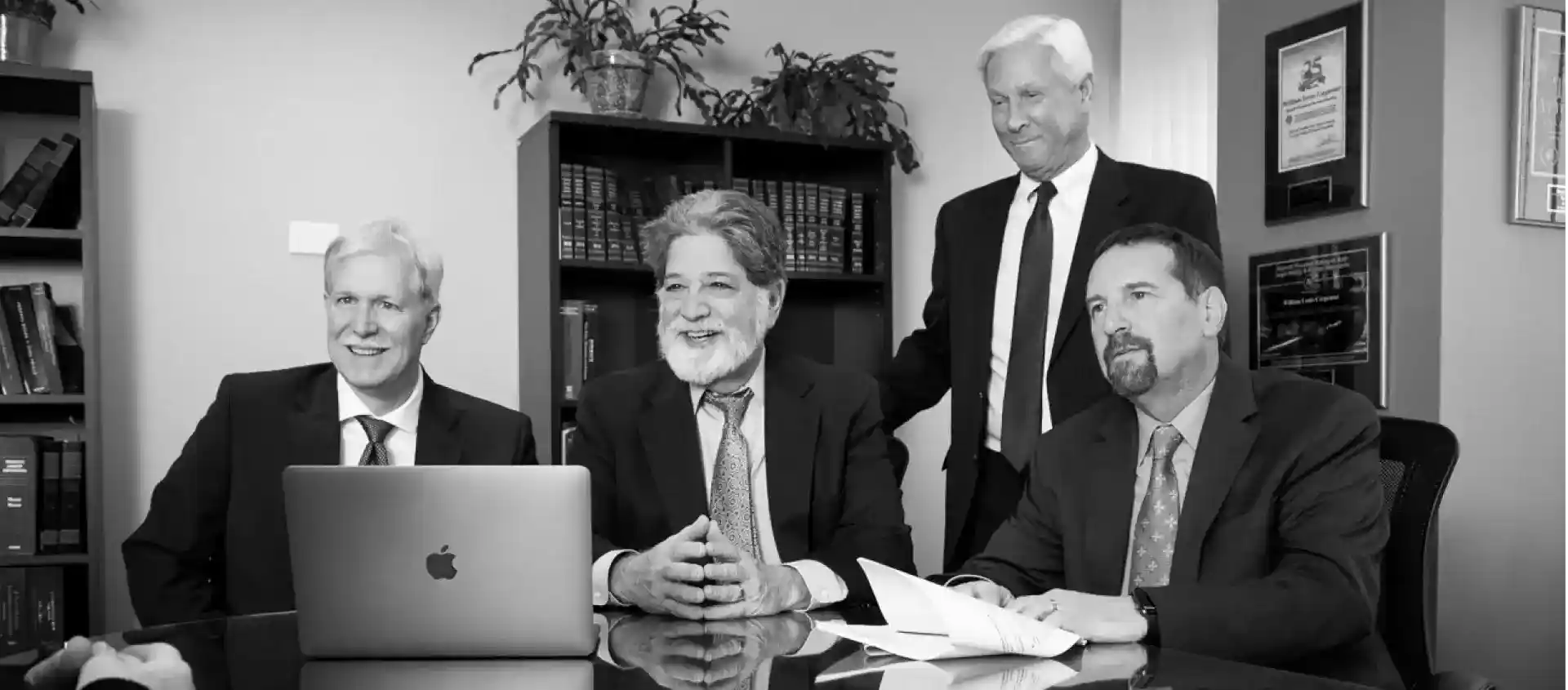What Factors Can Cause Brakes to Fail or Fade?
Brake failure often results from worn pads, overheating, or manufacturing defects. Determine if poor maintenance or defective parts caused the issue to establish liability and pursue compensation. If your brakes fail due to improper maintenance or a defect, determining liability—whether it’s with the mechanic or manufacturer—can help you seek compensation for any damages or injuries caused.
Brakes are one of your vehicle’s most crucial safety features—when they fail, the consequences can be disastrous, even fatal. This nightmare scenario can turn a routine drive into a crisis in seconds. For anyone who has experienced this terrifying situation, understanding what factors can cause brakes to fade or fail is essential.

In this post, we’ll explore the common reasons a person’s brakes stopped working and provide guidance on what steps to take from a legal standpoint if you find yourself dealing with the aftermath of brake system failure. Whether your brakes stopped working due to wear and tear, a defect, or maintenance issues, knowing how to respond can significantly impact your ability to seek justice and compensation.
Brake Fail Causes
Multiple factors can cause brakes to fade or fail, from normal wear and tear to negligence and defects. Here are a few of the most common causes of brake failure.
Wear and Tear
Over time, brake pads and discs deteriorate from regular use, reducing their effectiveness and, eventually, leading to failure. The friction material on brake pads wears down. If not replaced promptly, it can cause the metal backing to grind against the brake discs, damaging them. This kind of wear gradually gives drivers warning signs like squeaking noises or a longer stopping distance. Regular inspections and maintenance are crucial to preventing this slow but inevitable degradation from becoming a sudden and dangerous failure.
Manufacturing Defects
Sometimes, the fault lies not with the use or care of the vehicle but with the brakes themselves. Manufacturing defects in brake pads, discs, or related components can lead to sudden failures without warning. These defects might include improper material composition, faulty assembly, or design flaws. When brake failures are traced back to such defects, the manufacturer might be liable under product liability laws. Victims of such failures may have a legal case, especially if you show that the defect was known or should have been known by the manufacturer.
Improper Maintenance
Neglecting regular brake maintenance can lead to severe consequences. For example, forgetting to replace brake fluid can cause it to become contaminated with moisture, decreasing braking efficiency and potentially causing failure. Additionally, improper installation of brake components—such as pads or rotors that are not suited for the vehicle’s make and model—can also result in failure. If a mechanic or brake shop improperly installed the brakes, you could have legal recourse against them.
Overheating Brake Components
Brake overheating typically arises during intense use, such as while driving in mountainous areas or when towing heavy loads. Excessive heat can cause the brake fluid to boil, leading to a vapor lock and a loss of braking power. Similarly, overheated pads and rotors may not function correctly, as the heat can reduce the friction they are designed to create, preventing the vehicle from slowing down or stopping as required.
Determining Liability in Brake Failure Cases
When brakes fail and lead to an accident, determining who is liable is a critical step in seeking compensation. Liability can vary based on what caused the brakes to fail. If the failure resulted from manufacturing defects, the manufacturer of the brake components might be held responsible under product liability laws.
On the other hand, if poor maintenance practices or incorrect installation by a service provider contributed to the failure, then the mechanic or garage may be liable. Sometimes, liability could extend to multiple parties, including vehicle manufacturers and component suppliers. Understanding where the fault lies is crucial in formulating a legal strategy and ultimately, in recovering damages.
The Importance of Evidence in Car Brake Failures
Collecting the right evidence is essential to building a solid legal case. Essential evidence includes maintenance records, which can demonstrate whether the vehicle was properly serviced according to the manufacturer’s specifications. Vehicle parts, especially those related to the brake system, should be preserved and examined by experts to determine the failure’s nature and cause. Photographic evidence from the scene and witness statements can also support the claim by documenting the immediate aftermath and conditions leading to the incident.
Consult Experienced Car Accident Lawyer Today
Understanding the various causes of break failure is not just about vehicle maintenance—it’s a critical safety precaution. Whether you’re dealing with a defective product, poor maintenance, or any other issue that led to brake failure, exploring your legal options is crucial.
If you or a loved one has experienced brake failure that resulted in an accident or injury, don’t hesitate to seek professional advice. Contact Gerash Steiner, P.C. today to discuss your case and explore your options. Remember, timely action is crucial, so seeking legal counsel as soon as possible is important.

